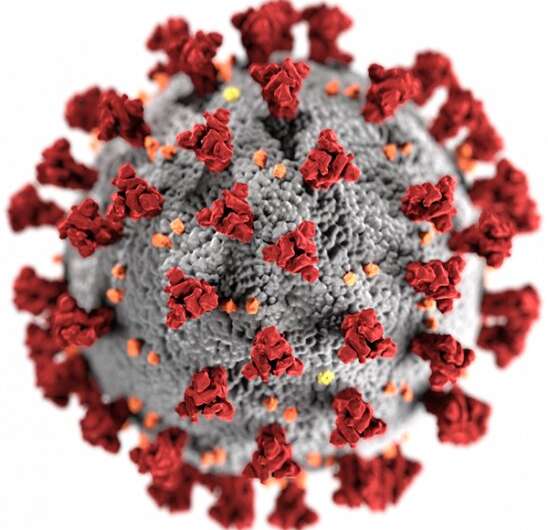Mon, May 9, 2022,

Russian President Vladimir Putin on Monday during Victory Day
Russian smart-TV schedules were hacked on Monday with an anti-war message, the BBC reported.
The message highlighted Russian aggression against Ukraine, countering Kremlin propaganda.
The hack came the day Putin spoke at his country's Victory Day military celebrations.
Russian television schedules were hacked to display an anti-war message as the country celebrated a national military festival on Monday, BBC Monitoring reported.
On-screen program descriptions were replaced with the hackers' text when viewed on smart TVs, the outlet reported.
According to the BBC's translation, the message read: "On your hands is the blood of thousands of Ukrainians and their hundreds of murdered children. TV and the authorities are lying. No to war."
Major channels such as Russia-1, Channel One, and NTV-Plus were changed, the BBC reported.
Francis Scarr of BBC Monitoring — the branch of the BBC that follows mass media worldwide — tweeted a short video of a screen showing the TV schedules, on which every program showed the same description.
The hack came during Russia's Victory Day celebrations, a national holiday and military parade overseen by President Vladimir Putin, which was being televised in Russia. The annual event celebrates the Soviet Union's victory alongside Allied forces over Nazi Germany in 1945.
International observers previously speculated that Putin would use the event to further propagandize or toughen his stance around his invasion of Ukraine. But his Monday speech ended without the expected declaration of mass mobilization or war against Ukraine.
Putin's justification at the outset of the February 24 invasion was that he was launching a "special operation" to "denazify" the country. His aggression is viewed by NATO and other Western countries as a war.
But under a near blackout of independent media and social-media platforms, most Russian viewers can access only Kremlin-controlled messaging about the conflict, Insider's Connor Perrett reported.
The message in Monday's hack runs deeply counter to Putin's claims that his forces are in Ukraine to "liberate" Russian-speaking Ukrainians.
It is unclear who was behind the alteration of the schedules on Monday, but the hacker group Anonymous retweeted Scarr's tweet with the message "Good morning Moscow" within hours of the hack.
In early March, Anonymous claimed responsibility in a tweet for the hacking of several state-controlled TV channels, whose programming was replaced with footage from independent networks, Radio Free Europe reported.




.png)



